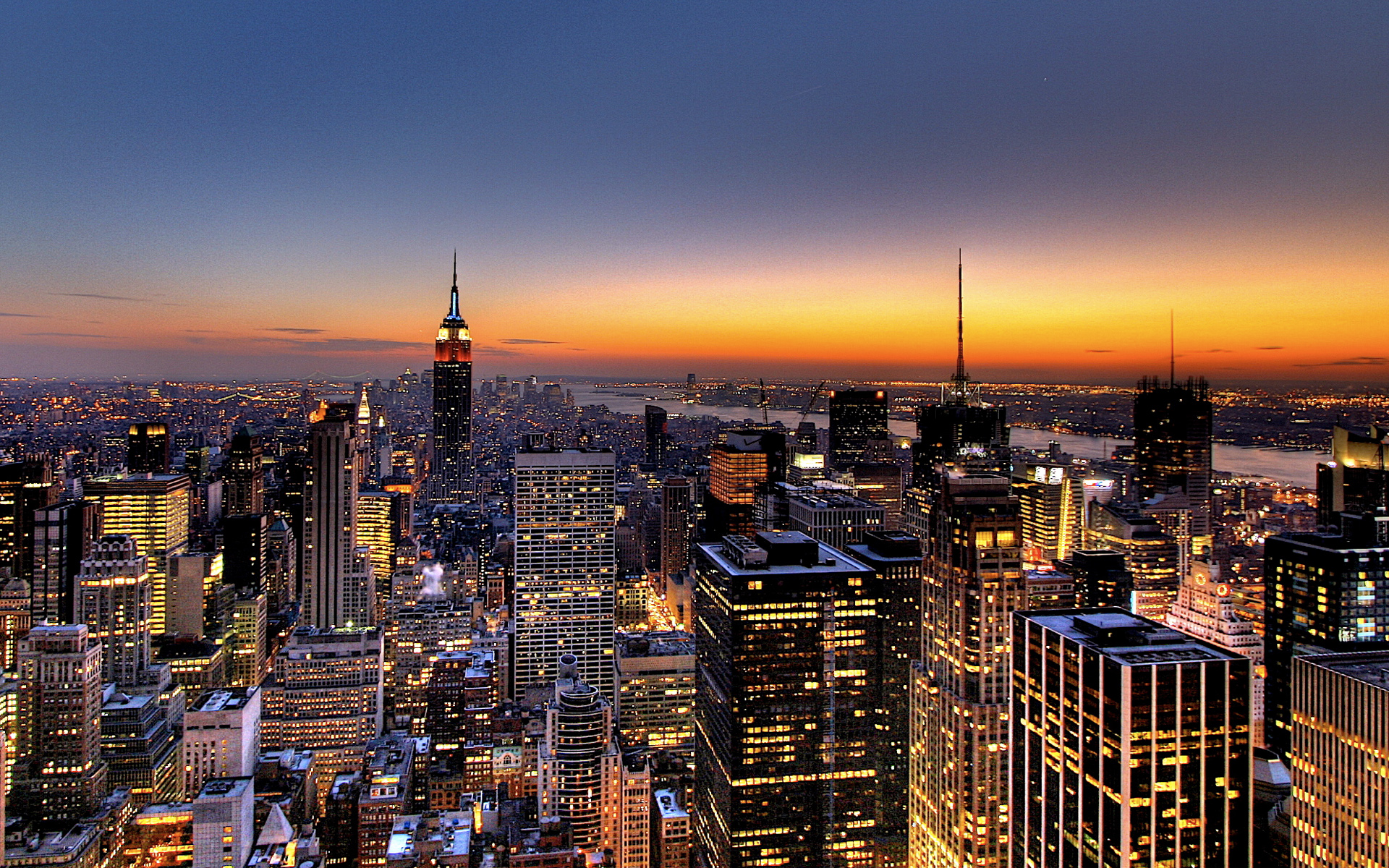Bolivia’s Evo Morales faces his toughest re-election battle yet
“BOLIVIA IS AN insurrectionary nation,” declares Norma Berno, a tiny woman with piercing eyes at a “rally for democracy” on October 10th in La Paz, the administrative capital. In the early 2000s she demonstrated in favour of nationalising Bolivia’s large gas reserves, a cause whose popularity paved the way for Evo Morales, a coca farmer and union organiser, to become the country’s first indigenous president in 2006.
Now some insurrectionists are turning against him. At the democracy rally, held on the 37th anniversary of the end of military dictatorship, Ms Berno joined tens of thousands of demonstrators in Plaza San Francisco to toot vuvuzelas and hurl insults at the absent president. Among her chief complaints are the poor quality of public services, the lack of formal jobs and the president’s decision to run for a fourth term, in defiance of the constitution and a referendum vote in 2016. “I thought he was going to change the country for the better,” she says. “I was wrong.”
Mr Morales has certainly brought change. Profits from exports of gas, which he nationalised at the start of a global commodities boom, were redistributed to the poor. Since he came to power, the share of the population living on less than $1.90 a day has dropped by two-thirds, to 6%, according to the World Bank. A new constitution expanded the...























